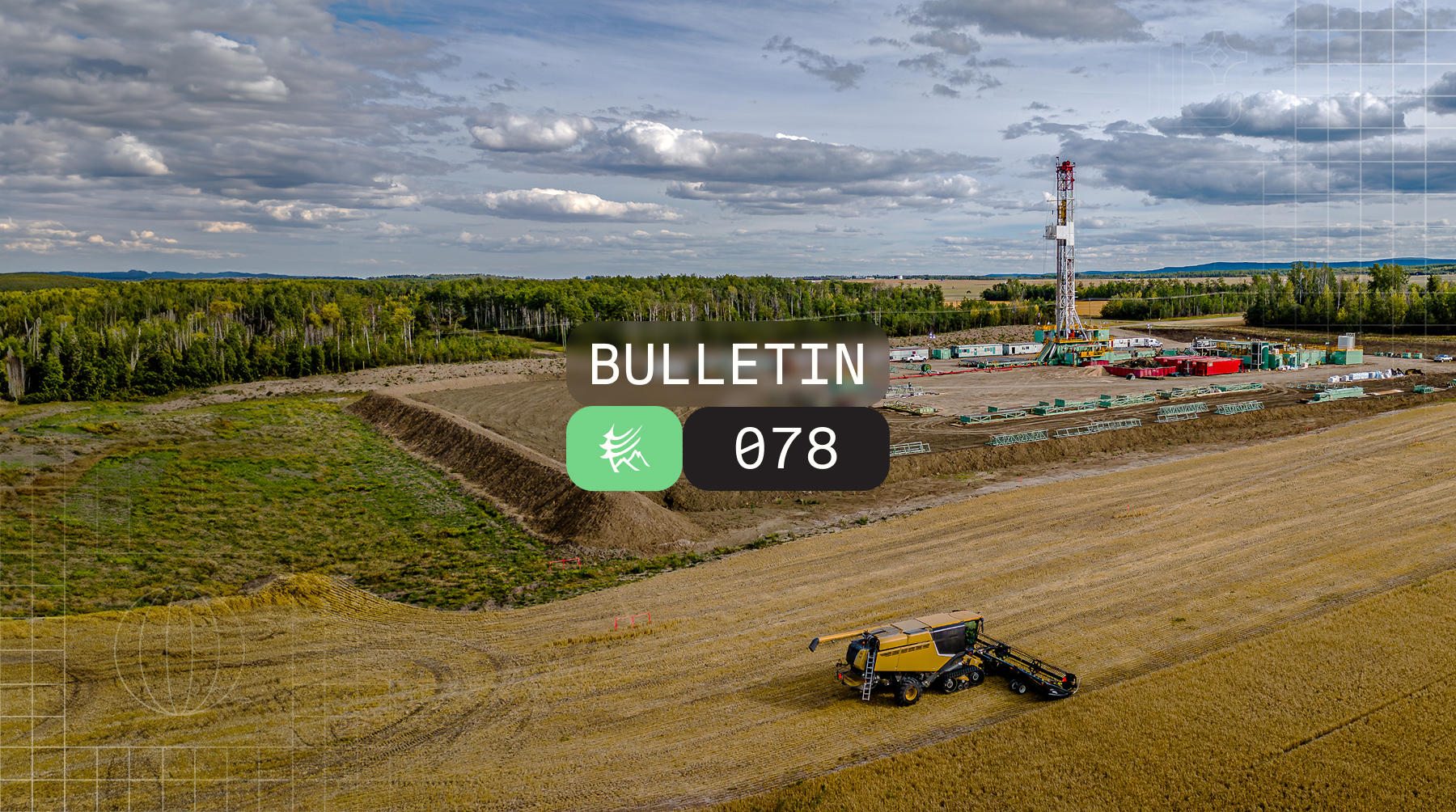Introducing the Quantification Debate
There is a debate raging in methane. A debate about the value of methane quantification.
In the red corner, you have the quant-heads. Those designing, promoting, and implementing an emerging cacophony of company-specific quantification protocols and standards, often called “measurement-informed inventories”. They are obsessed with pinning down an ever-elusive truth, to multiple decimal places, at any cost.
In the blue corner you have the anti-quantificationists. These are professionals who are laser focused on reducing emissions. They believe deeply in their understanding of methane sources and their capacity to eliminate them. They often proclaim, “Why spend money on quantification when we can spend that money on reducing emissions?”
These red and blue corners are clearly hyperbolic, yet they offer an alluring oversimplification of a complex topic. The quantification debate is not just a false dichotomy but a harmful distraction. Both are critical, mutually reinforcing efforts that, when combined, can lead to substantial progress in managing methane emissions.
Why Methane Quantification Matters
Imagine that your doctor tells you that you need to lose 20 pounds. Eager to improve your health, you enthusiastically take up the challenge and lose some weight. Great job! Unfortunately, you never stepped on a scale – so you don’t know where you started, and you don’t know how much weight you lost. The feeling that you made a change might be fulfilling for you, but it’s hard to prove your progress to your doctor, your friends, or yourself.
I think you see where I’m going with this.
Now, imagine deciding to lose 20 pounds and stepping on a scale that you know is broken, with one foot on the scale and one on the ground. You lose some weight, then you step back on a different scale, with different clothes on, with both feet on the scale.
This is where we currently stand as an industry. For the last decade, energy companies have been using various broken methane scales and incomplete source coverage to set, track, and prove progress in reducing methane emissions.
Let’s get more specific. Precise methane quantification is critical for several key reasons:
- Targeted Reduction Strategies: Accurate methane measurements allow companies to pinpoint where emissions are highest – and leverage rolled up uncertainties to quantify how confident they are in discrepancies and patterns. This data enables the implementation of targeted reduction strategies that are both efficient and effective.
- Innovation and Technology Development: Reliable data on methane sources and levels spurs the development of technologies and practices aimed at reducing emissions. Innovations are often most effective when they address specific, well-defined problems identified through accurate quantification.
- Compliance and Reporting: Voluntary initiatives and some governments are starting to require measurement-informed inventories. Accurate internal reporting is just as important, especially when employee compensation is tied to emission reduction performance.
- Operational Efficiency and Economic Benefits: Understanding the specific sources and volumes of methane emissions can lead to operational improvements that reduce waste and save money or even increase revenue.
- Accountability and Transparency: As stakeholders demand greater environmental responsibility, companies will need to provide increasingly transparent and verifiable emissions data.
- Proving that you’re better. Generic inventories can underestimate emissions but can also overestimate emissions. For companies investing in dramatic cuts, traditional generic inventories may fail to accurately reflect progress. Measurement-informed inventories can reveal much lower methane emissions that generic assumptions.
Moving Beyond the False Dichotomy of Quantification vs. Reduction
The debate between allocating resources for methane quantification versus directly pursuing reduction measures presents a false choice. This framing suggests that companies must choose one over the other, rather than recognizing the interdependence of both activities.
This dichotomy is misleading because effective reduction is built on the foundation of accurate quantification. Without precise data, efforts to reduce methane emissions can be misguided or ineffective.
Additionally, the assumption that “I already know where my emissions are coming from” is tempting but usually proven wrong. This mentality can lead to significant oversight and missed opportunities for meaningful emission reductions – and expose operators to heightened reputational risk.
To truly advance in reducing methane emissions, the oil and gas industry must integrate quantification with reduction. This approach should be viewed not just as a compliance necessity but as a strategic investment in the industry’s future. In many cases, companies are already collecting the data, but aren’t using to its potential.
How Highwood Can Help?
If your company wants to harness the truth to achieve real, provable methane reductions, Highwood is here to help. Our software and world-class consultants make it easy.






